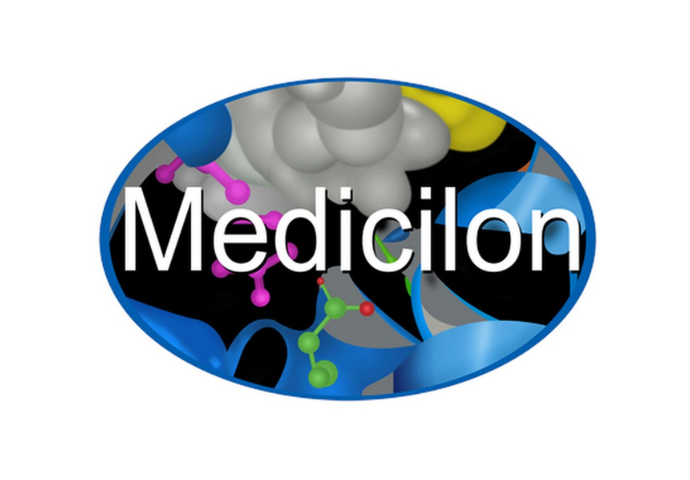IL-23 Mechanism of Action
IL-23 is mainly produced by activated dendritic cells, macrophages and monocytes. It is a new member of the IL-12 heterodimeric cytokine family. It is mainly composed of two subunits: IL-23p19 and IL-12/IL-23p40, among which IL-12/IL-23p40 is the subunit that it contains with IL-12. When the two subunits of IL-23p19 and IL-12/IL-23p40 exist alone, they have no biological function. However, when the two subunits connected to form a homodimer, they will then play a biological function.[1].
IL-23 mainly interacts with its receptor to activate downstream signalling pathways to perform biological functions. IL-23 receptor includes two subunits of IL-12 receptor β1 and IL-23 receptor [2]. IL-23 mainly acts on Th17 cells, plays an important role in the proliferation and stabilization of Th17 cells, and can promote Th17 cells to produce IL-17A, IL-17F, IL-22 and other cytokines. These inflammatory factors act on keratinocytes, leading to activation and excessive proliferation of keratinocytes. Activated keratinocytes recruit and activate immune cells such as T cells through the production of a large number of cytokines, chemokines, and antimicrobial peptides, forming a cascade of immune responses and causing psoriasis damage [3].
In the field of IL-23 monoclonal antibody drug research and development, Medicilon’s Pharmacodynamics Department has been deeply involved for many years, has an excellent evaluation ability of animal efficacy evaluation models, and strictly complies with the GLP specifications of NMPA, OECD and FDA. Medicilon provided the pharmacodynamic research services for the experimental new drug of the fully human antibody drug NBL-012 independently developed by NovaRock Biotherapeutics Limited, and assisted them to achieve the dual approval for both China and the United States. Furthermore, Medicilon also provided the pharmacodynamic research services for QX001S injection (usnumumab biosimilar) and QX004N injection of Qyuns Therapeutics, and successfully assisted the project to obtain clinical approval. At this moment, QX001S injection has successfully entered to phase III clinical trials and QX004N injection has entered to phase I clinical trials.
Learn more about "Medicilon's Inflammatory and Immune Disease Efficacy Evaluation Model Platform ", please email to: marshalma@medicilon.com



